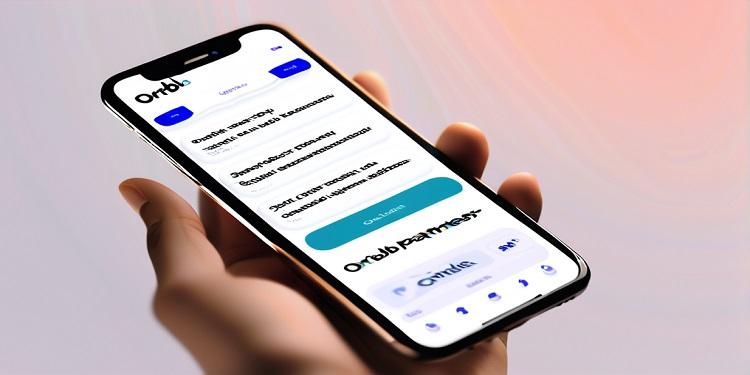 El Salvador has maintained its position as the leader in Bitcoin (BTC) acceptance, as President Nayib Bukele announced the establishment of Bitcoin City, which would be financed first by the sale of $1 billion Bitcoin bond. Bukele unveiled the plan for the first time during El Salvador’s Bitcoin Week conference, which aimed to highlight Bitcoin’s mainstream acceptance in the nation while also increasing public engagement in the process.
El Salvador has maintained its position as the leader in Bitcoin (BTC) acceptance, as President Nayib Bukele announced the establishment of Bitcoin City, which would be financed first by the sale of $1 billion Bitcoin bond. Bukele unveiled the plan for the first time during El Salvador’s Bitcoin Week conference, which aimed to highlight Bitcoin’s mainstream acceptance in the nation while also increasing public engagement in the process.
To quote Bukele: “In #BitcoinCity, we will be able to get digital and technical education.” Geothermal energy for the whole city, as well as efficient and environmentally friendly public transportation”
Several significant cryptocurrency firms, including cryptocurrency exchange Bitfinex and Adam Back’s Blockstream, will be actively involved in the construction of Bitcoin City. According to Paolo Ardoino, CTO of Bitfinex, the exchange will help El Salvador’s Bitcoin City plan by providing a securities platform to store the Bitcoin bonds issued by the government of El Salvador.
“[The platform] will soon be home to several local and international digital asset services, as well as the development of new digital asset regulations for the country!” he said. In collaboration with El Salvador, Bitfinex, and Blockstream, they are creating history.”
Bitcoin Metropolis, according to the president, will be a fully functioning city with residential sections, commercial complexes, restaurants, a port, and “everything centred around Bitcoin.” Furthermore, people will only be subject to value-added tax (VAT), which, according to Bukele, will be used to pay the municipality’s debts and the remaining funds will be utilised to maintain public infrastructure and the city’s infrastructure.
The viability of sourcing the $1 billion Bitcoin bonds was addressed by Blockstream’s chief security officer, Samson Mao, at the conference: “With Bitfinex, they have a lot of whales. I don’t see any difficulties with filling a $1 billion bond.”
A five-year lock-up term would be imposed on the $500 million in Bitcoin bonds, thereby removing the invested cash from the world circulation, according to Mao, who also notified the public. As an additional point of clarification, the entrepreneur stated how a tenfold growth in comparable projects from other nations would ultimately remove half of Bitcoin’s current market value of 21 million from circulation.
Finex will launch a securities platform that will be the home of ES #bitcoin bonds and soon many local and foreign digital assets offerings developing new digital asset regulation for the country!
El Salvador, @bitfinex and @blockstream are making history together.— Paolo Ardoino (@paoloardoino) November 21, 2021
El Salvador has been reinvesting unrealized Bitcoin earnings into different infrastructure development projects since shortly after Bitcoin became widely accepted in the general public in 2014. Earlier in November, Bukele announced that the surplus generated by the state’s Bitcoin Trust account would be used to fund the construction of 20 new schools: “When this project was first proposed, we had not yet generated as much money in FIDEBITCOIN [the state’s Bitcoin Trust account] as we have now.”
As a result, we’ve chosen to establish the first 20 Bitcoin Schools. The government of El Salvador re-invested $4 million from the revenues of its Bitcoin Trust towards the construction of a new veterinary hospital in the country’s capital, San Salvador, in the middle of October.








